Opening Times: Mon - Sun 6.00 - 22.00
What we offer
Torrefaction is a thermal pretreatment process that involves heating biomass in the absence of oxygen at temperatures between 200–300°C. This process reduces the moisture content of biomass, increases its energy density, and converts it into biochar, which can be used as a fuel for co-firing in power plants. The by-products of torrefaction, such as torr gas, are captured and used for additional energy generation.
Our flagship technology (Patent Published) uses torrefaction to transform waste into multi-utility products such as renewable energy, biochar, and charcoal. This process not only helps reduce dependence on fossil fuels but also mitigates environmental pollution by using agricultural residues, food waste, and sewage sludge as feedstock.
Our hybrid technology is adaptable, allowing it to be deployed across various sectors, including residential buildings, industrial complexes, and municipal waste management systems. As part of our commitment to innovation, we’ve developed smart torrefaction systems with process optimization, IoT integration, and energy recovery technologies that improve operational efficiency and environmental impact.
Why choose us
Services we provide
Got Questions? We've Got Answers!
What is the main technology used by E-Neuf Energy?
E-Neuf Energy specializes in hybrid waste-to-energy technologies. Our system integrates torrefaction and biogas production to convert waste biomass, agricultural residues, and sewage sludge into valuable resources like enriched biogas, torrefied charcoal, and bio-manure.
The process optimizes energy recovery while minimizing environmental impact, making it a sustainable alternative to traditional energy sources.
How does the torrefaction process work?
Torrefaction is a thermal pretreatment process that involves heating biomass in the absence of oxygen at temperatures between 200–300°C.
This process reduces the moisture content of biomass, increases its energy density, and converts it into biochar, which can be used as a fuel for co-firing in power plants.
The by-products of torrefaction, such as torr gas, are captured and used for additional energy generation.
What kinds of waste can be processed using your system?
Our hybrid waste-to-energy system is designed to process a wide range of biodegradable wastes, including agricultural residues like rice straw, food waste, sewage sludge, and organic materials from municipal solid waste.
These materials are converted into renewable energy products, helping reduce landfill waste and lower carbon emissions.
What are the main applications of your technology?
Our technology can be applied across various sectors, including:
Residential: Waste-to-energy systems for homes, generating electricity and biogas for cooking.
Commercial: Waste management and energy solutions for hotels, hospitals, and academic institutions.
Industrial: Large-scale waste-to-energy plants for industries, converting waste into biochar and biogas.
Municipalities: Waste treatment solutions for urban areas, helping manage sewage and organic waste sustainably.
How does your technology contribute to sustainability?
By converting waste into valuable energy resources, our technology helps reduce dependence on fossil fuels, minimize landfill waste, and lower greenhouse gas emissions.
The use of agricultural waste, biogas slurry, and sewage sludge also contributes to a circular economy, where waste is continuously repurposed into useful products, promoting environmental sustainability.
Can your systems be customized for specific industries?
Yes, our systems are highly adaptable and can be customized to meet the specific waste processing needs of different industries.
We work closely with our clients to design solutions that fit their energy requirements, whether it’s for electricity generation, heating, or waste treatment.
What are the cost benefits of using your waste-to-energy technology?
By utilizing waste as a resource, our systems provide a cost-effective solution for energy generation and waste management
Clients can save on energy bills, reduce waste disposal costs, and even generate revenue through the sale of biochar and biogas. Our systems also qualify for various government incentives and subsidies aimed at promoting renewable energy.
Our Contacts
Feel free to contact us at any time
Contact Form
© E-Neuf2023 | Developed by Manpreet Kaur

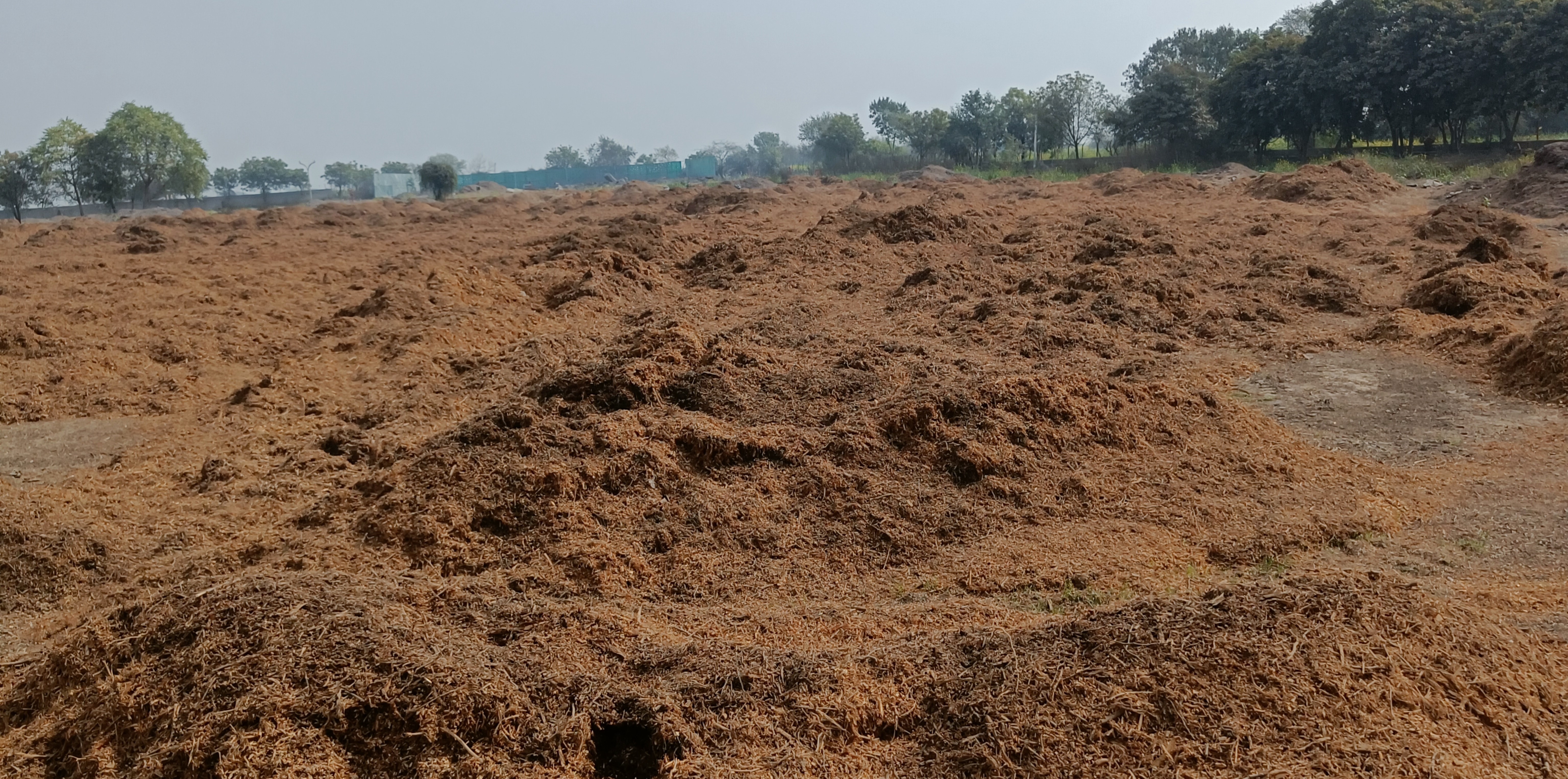
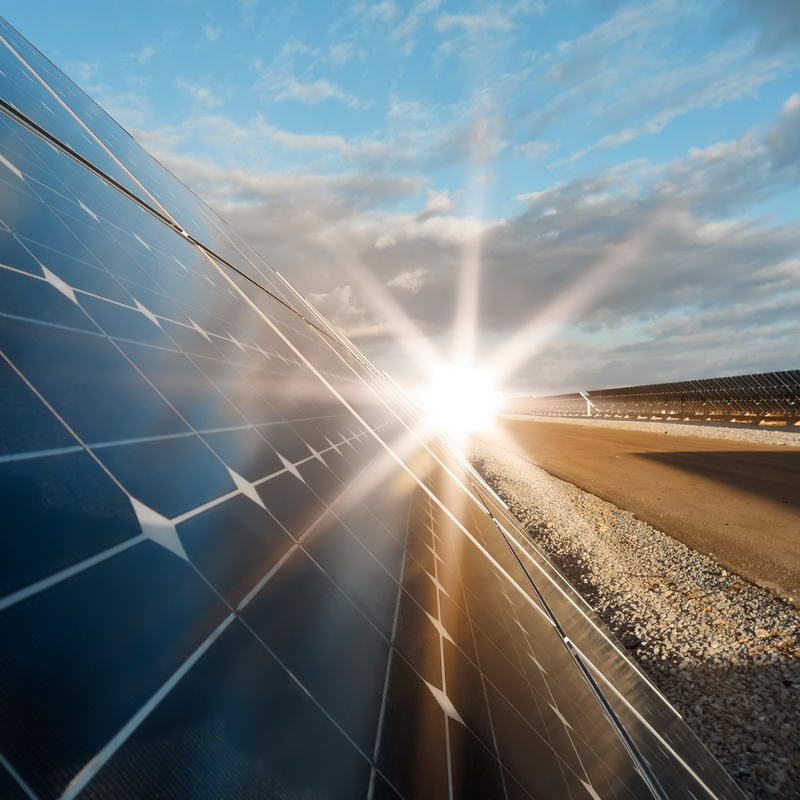

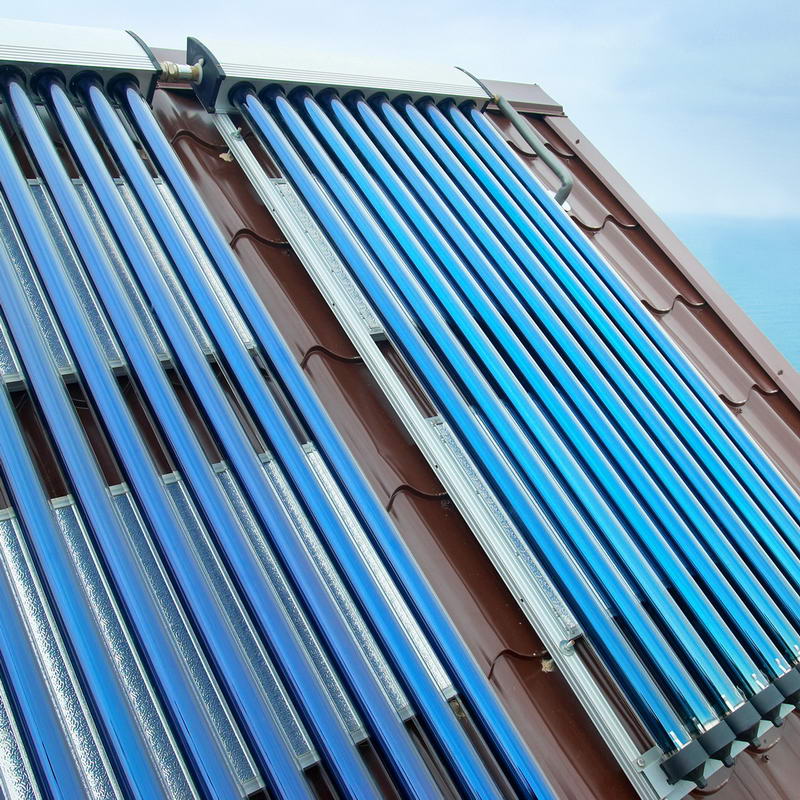
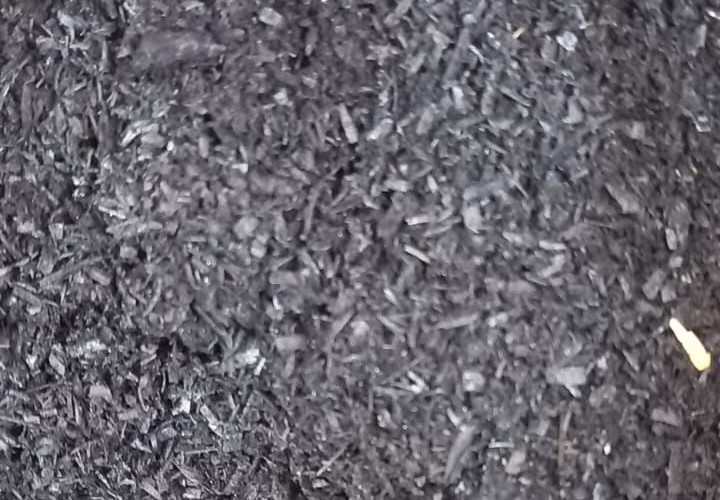
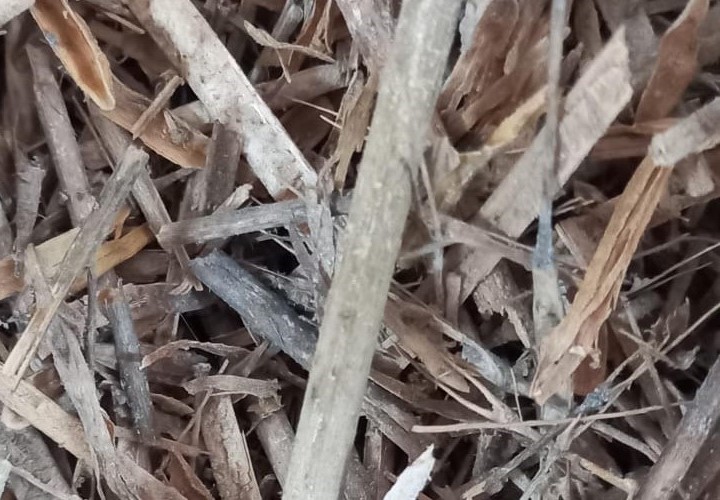
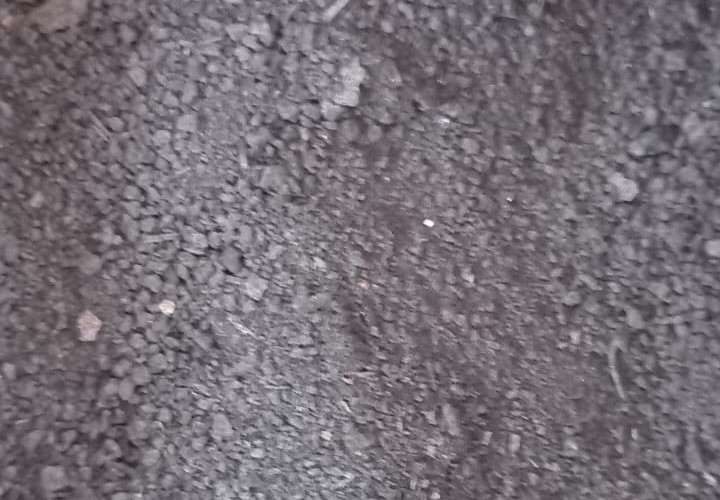
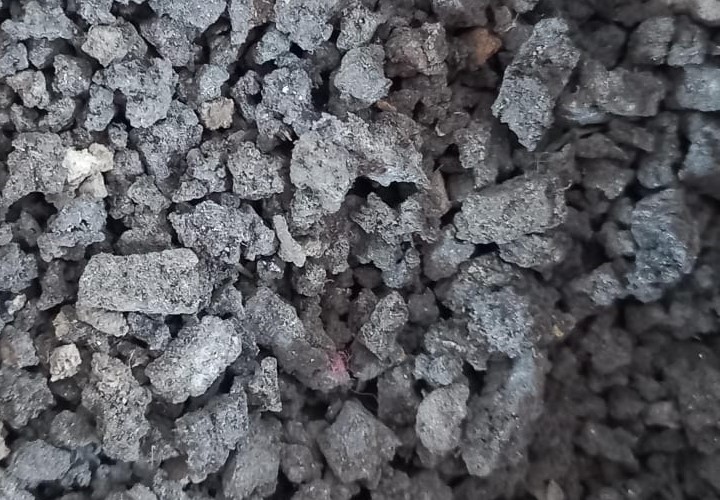


 Mr. Mandeep Singh submitted PhD in renewable energy and has over a decade of research experience in carbon capture, decarbonization, and sustainable circular economies. He specializes in thermal systems, microalgae-based biofuels, and multigeneration systems, contributing to the technical development and process optimization of our hybrid energy solutions. His research has been instrumental in advancing E-Neuf’s clean energy technologies.
Mr. Mandeep Singh submitted PhD in renewable energy and has over a decade of research experience in carbon capture, decarbonization, and sustainable circular economies. He specializes in thermal systems, microalgae-based biofuels, and multigeneration systems, contributing to the technical development and process optimization of our hybrid energy solutions. His research has been instrumental in advancing E-Neuf’s clean energy technologies.
 A seasoned professional with over 15 years of experience in marketing and project management, Anoop Ladha oversees the operations at E-Neuf Energy. He brings expertise in civil engineering and turnkey project implementation, ensuring the seamless execution of our waste-to-energy systems. His leadership has been pivotal in scaling the company’s solutions for commercial and industrial clients
A seasoned professional with over 15 years of experience in marketing and project management, Anoop Ladha oversees the operations at E-Neuf Energy. He brings expertise in civil engineering and turnkey project implementation, ensuring the seamless execution of our waste-to-energy systems. His leadership has been pivotal in scaling the company’s solutions for commercial and industrial clients
 With a background in mechanical engineering and renewable energy systems, Shiv Prakash Dadhich plays a key role in R&D at E-Neuf Energy. His expertise includes CFD modeling, design of thermal systems, and waste-to-energy processes. He is actively involved in the development and optimization of our torrefaction plants.
With a background in mechanical engineering and renewable energy systems, Shiv Prakash Dadhich plays a key role in R&D at E-Neuf Energy. His expertise includes CFD modeling, design of thermal systems, and waste-to-energy processes. He is actively involved in the development and optimization of our torrefaction plants.
 A seasoned professional with over 15 years of experience in marketing and project management, oversees the marketing at E-Neuf Energy. He brings expertise in civil engineering and turnkey project implementation, ensuring the seamless execution of our waste-to-energy systems. His leadership has been pivotal in scaling the company’s solutions for commercial and industrial clients.
A seasoned professional with over 15 years of experience in marketing and project management, oversees the marketing at E-Neuf Energy. He brings expertise in civil engineering and turnkey project implementation, ensuring the seamless execution of our waste-to-energy systems. His leadership has been pivotal in scaling the company’s solutions for commercial and industrial clients.
 Prof. Mittal is a veteran in the field of agricultural sciences and renewable energy. With over 30 years of experience, he serves as a mentor and consultant to E-Neuf Energy. His guidance has been crucial in shaping the company’s approach to sustainable energy solutions.
Prof. Mittal is a veteran in the field of agricultural sciences and renewable energy. With over 30 years of experience, he serves as a mentor and consultant to E-Neuf Energy. His guidance has been crucial in shaping the company’s approach to sustainable energy solutions.